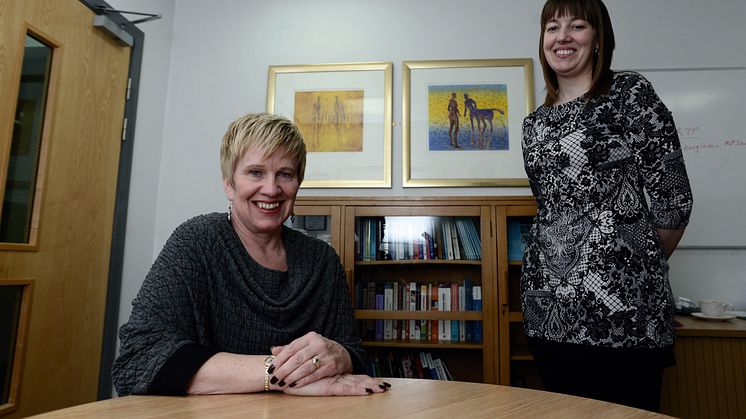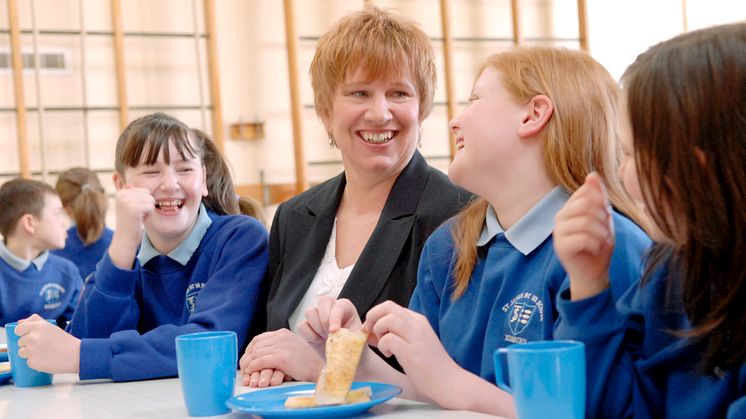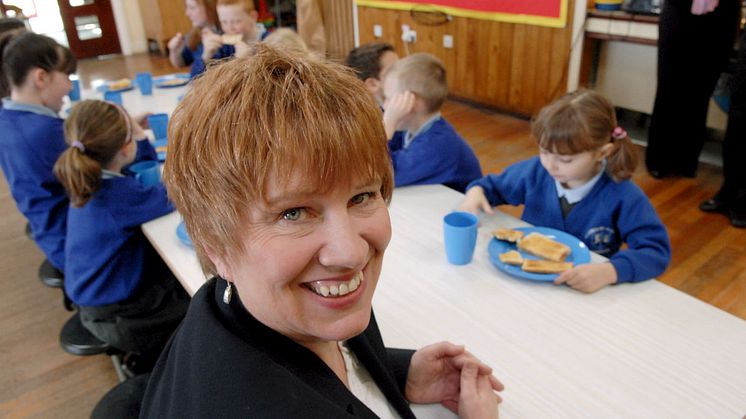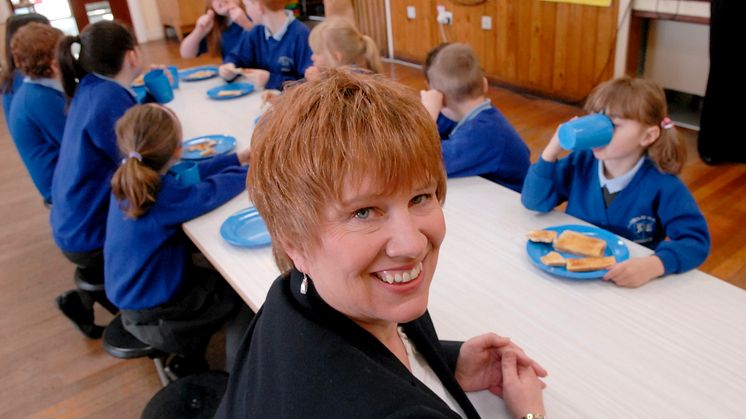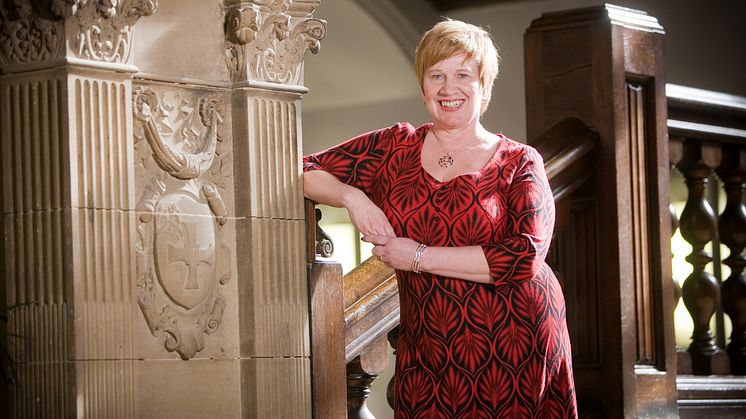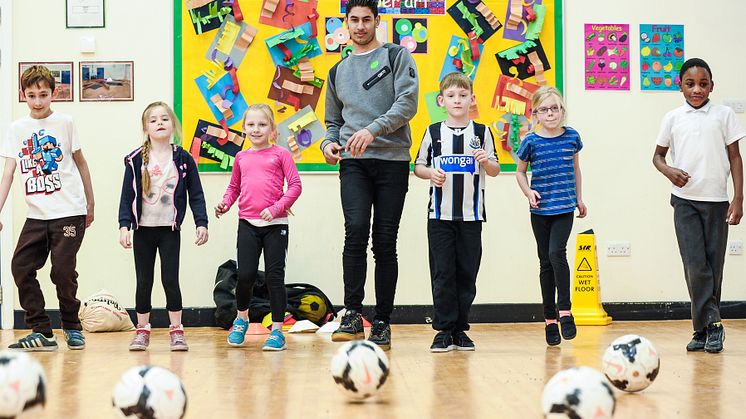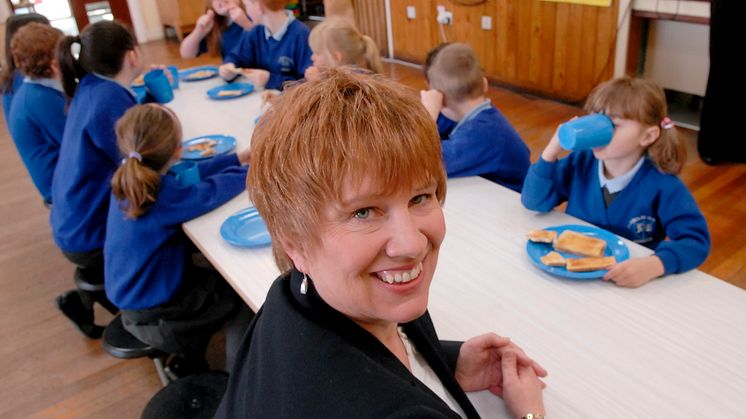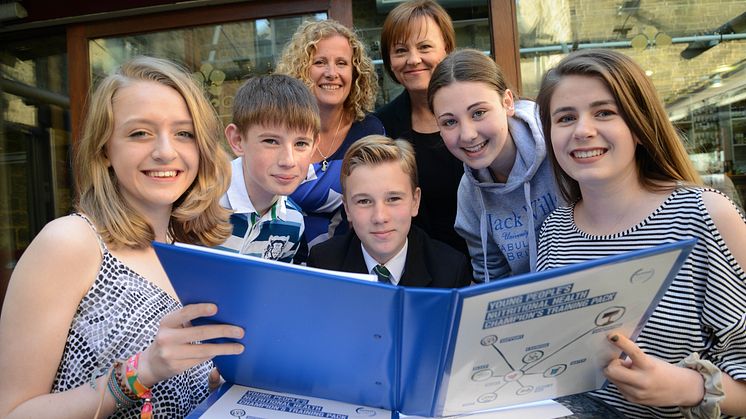Press release -
EXPERT COMMENT: For some kids school holidays mean hunger and isolation
Pamela L Graham, Vice Chancellor's Research Fellow at Northumbria University, and Greta Defeyter, Associate Pro Vice-Chancellor at Faculty of Health & Life Sciences at Northumbria University, write about families' struggles coping with extra costs of food, activities and childcare.
The school holidays, the best times of your life, right? Maybe not if you’re one of many families struggling to cope with the extra costs of food, activities and childcare. In fact for many families, rather than a summer spent frolicking in the sun, sea and sand, the school holidays are faced with dread.
A lot of this is down to the fact that for around 39 weeks of the year, 14% of children from low income families across England have access to healthy, free school lunches. Some children also have breakfast at school, which has led to the rise of breakfast clubs. But of course for many families, this can stop during the holidays when school food isn’t available.
A recent report from a group of MPs shows that the school holidays are a challenging time for parents – with many families struggling to make ends meet.
This is a time when, for some families, food supplies are compromised – with parents skipping meals to feed their children. Families also often rely on cheap, convenience foods – that are seen as more filling for less money – than healthier options.
Holiday hardships
To help support families during the school holidays, many organisations have introduced holiday clubs. These clubs take place in school and community settings – such as church halls and community centres – to offer meals and activities to families during the school holidays. And our Healthy Living research team have been investigating how these types of holiday clubs make a difference to children and families.
Our research shows that while parents do their best to make sure their children are fed, for some families the food they have available is limited. And within these families, the focus tends to be on making sure children feel full and less about whether the food is healthy.
We discovered that holiday clubs can help to support families, giving them the chance to have healthy, balanced meals consistently across the school holidays. And that these types of clubs can also save families money by making food at home last longer – reducing the likelihood that families will skip meals.
Access for all
Accepting free food is already something that is stigmatised , but these types of clubs are often seen as a more acceptable way of supporting families. This is because many holiday clubs are open to anyone within their community. And this open access model is highly valued by parents and children alike, as it avoids having to single people out.
This is unlike some sources of food aid, like food banks, where people usually have to be referred by another organisation such as a doctor’s surgery or social services. This need for referral can be difficult because it involves highlighting certain people as vulnerable, which can be off-putting for those needing support.
More than just meals
But not all families attend holiday clubs just to access food. families also go along for the range of activities on offer, which can include sports, crafts and cooking.
During the school holidays, especially the long summer break, parents can struggle to find enough suitable activities to keep their children entertained. Activity and transport costs and safety concerns can also limit the number of activities families have available to them. This can lead to children and parents becoming isolated and less active – which might be why generally children’s fitness levels improve during term time, but then decline during the school holidays.
But by providing families with regular activities, holidays clubs help families to stay active and mix with other people from the local area. This is because, essentially, holiday clubs bring people together – they help children and parents to make new friends and support them to keep in contact with friends they would usually only see around school during term time.
School holidays should be a happy time – giving children a chance to make memories that will last a lifetime – unfortunately though for many families, this is not always the case. But as our research shows, by providing food, fun and friendships, holiday clubs can go some way to help make this happen.
This article was originally written for The Conversation. Read the article here.
Topics
Northumbria is a research-rich, business-focused, professional university with a global reputation for academic excellence. To find out more about our courses go to www.northumbria.ac.uk
If you have a media enquiry please contact our Media and Communications team at media.communications@northumbria.ac.uk or call 0191 227 4571.







